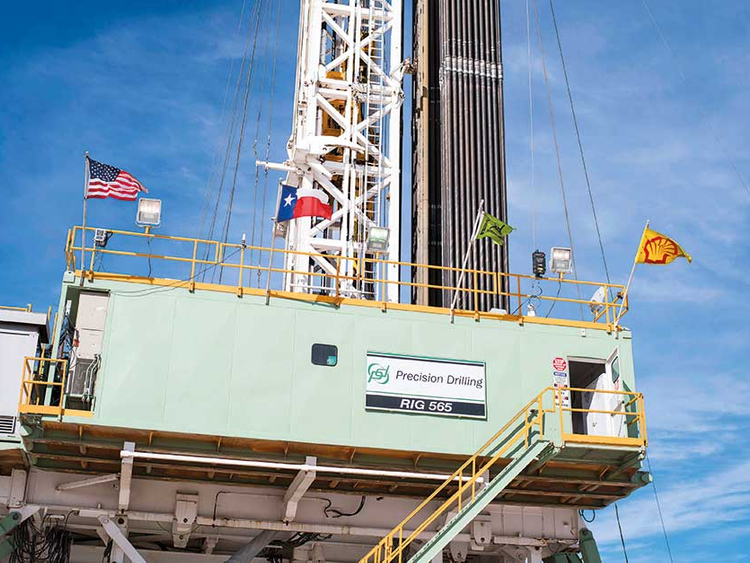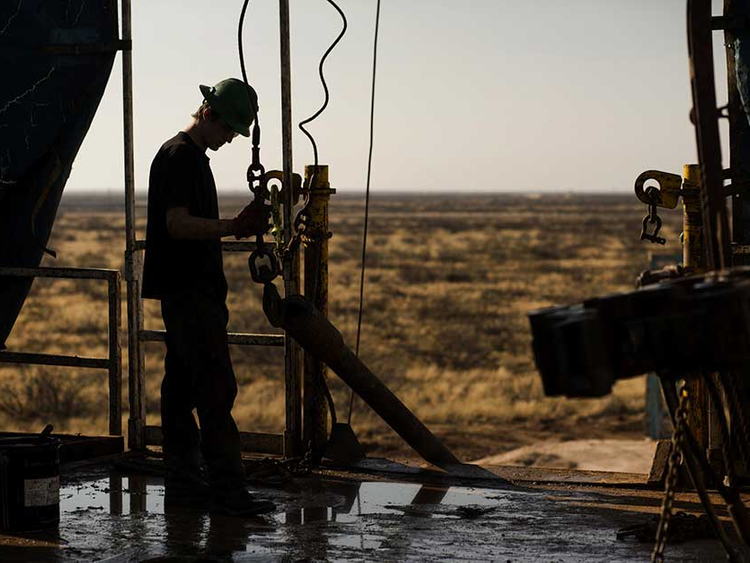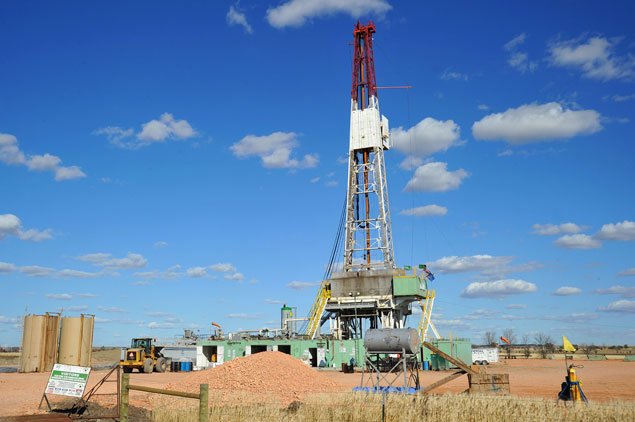This year, the US has turned into the world’s largest oil producer alongside top exporters Saudi Arabia and Russia, all due to its booming shale oil industry.
This signals a significant transition and one with economic and political implications, given that the US had already joined the club of the world’s largest natural gas producers and exporters, again thanks to its thriving shale industry.
The US oil and gas production is expected to continue to rise — in an interview with Bloomberg, the director of the US Energy Information Administration said the country would become the world’s biggest oil producer in 2019 and dominate 75 per cent of the global natural gas market over the next five years.
These developments happen alongside a set of new and severe sanctions on Tehran that are expected to lead to a near-halt to Iran’s oil and gas exports.
Incidentally, Asia’s oil imports from Iran had fallen to a seven-month low in June.
This means that an increase in oil production by the US, Saudi Arabia and Russia will contribute to medium-term stability in oil supplies, as well as hold prices from any sharp increases.
Geopolitics
Certainly, these developments in the oil industry will have economic and political repercussions, leading to a strengthening of the US economy amid higher growth rates.
This will make the US change its geopolitical priorities.
However, reducing dependence on Middle East oil, specifically imports from the Arabian Gulf, will not drive Washington to withdraw from this vital region, which is important to its interests, as promoted by some circles.
This is simply because America’s interests are not limited to oil and gas, but go further.
Washington has economic and geopolitical interests that are more consequential than stable oil and gas supplies, particularly after China joined other key players in expanding its interests in the region.
Oil market stability
Consequently, the surge in US oil production will have a positive impact on oil market stability.
However, Iran’s future return to the global oil market and any increase in production by Opec members, particularly Iraq and Libya, may lead to falling prices in the long run.
For natural gas, the situation will be difficult for exporters, notably Qatar and Iran.
As the US takes up a larger portion of global gas exports, meaning a decline in demand for gas from other exporting countries, this could lead to a collapse in prices and repercussions on the economies of other exporters, especially those that depend on transporting their gas exports via tankers.
Repercussions
It is likely that other countries, too, will join the club of shale oil and gas producers due to new technologies that continue to lead to a decline in production costs.
If this happens, the effects and repercussions will increase on the economies of producing countries as well as on those planning to develop their shale production reservoirs.
There are many countries expected to be affected by these developments, including some Middle Eastern economies like Saudi Arabia, Kuwait and Bahrain.
Such medium-term developments must be taken into account to prepare well and avoid some of consequences on future development.
An increase in production will lead to intensifying competition and lower prices and revenues.
This may lead to the emergence of new alliances, a process that has already started to show up, as manifested in heightened cooperation between oil producers in and outside Opec.
It is also apparent from the concentration of investment by emerging countries in promising areas for oil and gas production.
China is the best example as it expands investments in African countries.
This signals that there will be significant changes in the balance of power in many regions.
Dr Mohammad Al Asoomi is a UAE economic expert and specialist in economic and social development in the UAE and the GCC countries.















